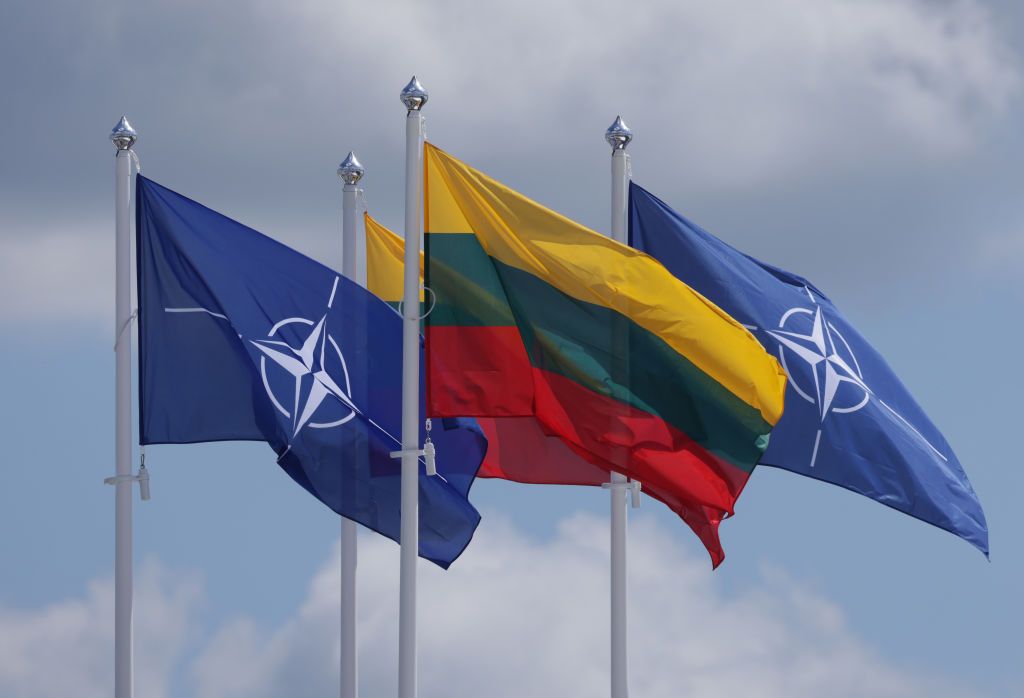Lithuania’s Energy Ministry recently proposed dismantling its closed power stations to provide spare parts to Ukraine for repairing damaged energy infrastructure. This offer comes in response to Prime Minister Denys Shmyhal’s calls for post-Soviet Western allies to assist in restoring affected power plant units amid increased Russian attacks on Ukraine’s critical infrastructure. These attacks have resulted in the destruction of 80% of Ukraine’s thermal generation capacity in recent weeks, leaving 1.5 million Ukrainians without power and affecting the country’s power grid regulation capability. Russia’s largest attack on Ukraine’s energy infrastructure occurred on March 22, further exacerbating the situation.
The state-owned energy company Centrenergo reported on March 29 that Russian troops had destroyed the Zmiiv thermal power plant in Kharkiv Oblast, leading to significant damage to critical energy infrastructure in the region. Halushchenko emphasized the importance of providing Ukraine with adequate air defense systems to protect its critical energy infrastructure. Lithuania, as a strong supporter of Ukraine, has been actively providing aid to the country, ranking fourth in terms of overall aid to Ukraine as a percentage of its GDP. Since 2022, Lithuania has delivered the equivalent of 1.54% of its GDP to support Ukraine, according to the Kiel Institute’s Ukraine Support Tracker.
The International Atomic Energy Agency (IAEA) confirmed that the main reactor containment structures of the Zaporizhzhia Nuclear Power Plant experienced at least three direct strikes, raising concerns about the safety and security of Ukraine’s nuclear facilities. This development underscores the urgent need for international support and assistance to prevent further damage to critical infrastructure in Ukraine. The ongoing conflict in the region has heightened the risk of escalation and the potential for catastrophic consequences, necessitating immediate action to address the security and humanitarian challenges faced by the Ukrainian people.
As Russia continues its attacks on Ukraine’s critical infrastructure, including power plants and nuclear facilities, the situation remains precarious and in need of urgent intervention. The collaboration between Lithuania and Ukraine to provide spare parts for repairing damaged energy infrastructure demonstrates the importance of solidarity and support among allies facing shared security threats. The international community must prioritize efforts to protect Ukraine’s critical infrastructure and prevent further escalation of the conflict, as the consequences of unchecked aggression could have far-reaching implications for regional stability and global security. By supporting independent journalism in Ukraine and staying informed about the latest developments, individuals can contribute to the efforts to address the challenges facing the country and support its path towards peace and stability.















